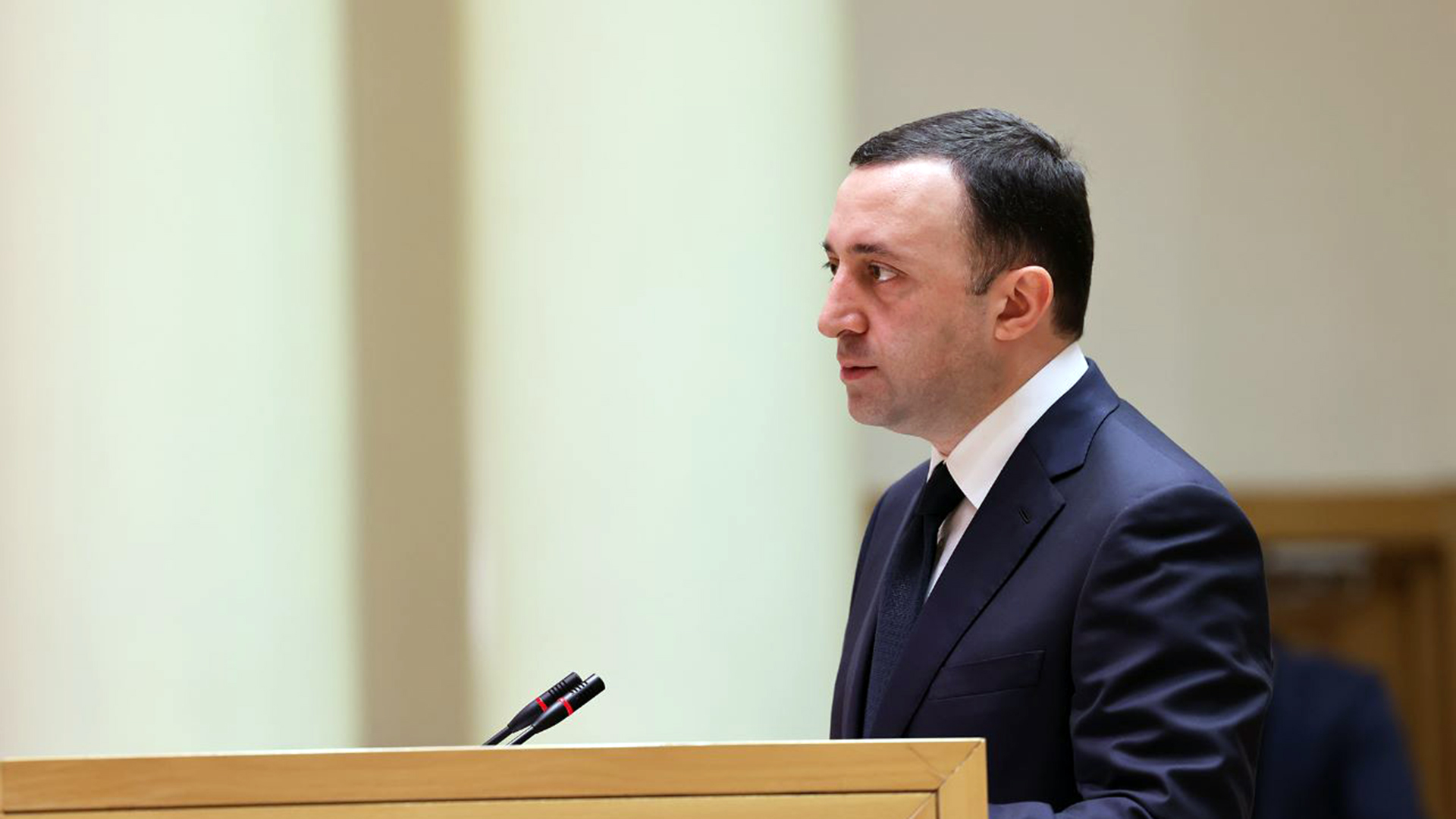‘’We have high economic growth… the country accumulated larger revenue. Large-scale projects are in the over, such as Anaklia port, and we are also looking at designing and building a new airport. We want to kick off the Khudoni dam, Namakhvani dam is already in the works. Nenskra is already in its final stages and a memorandum has already been signed. We are expecting the works to resume by the end of the year, 2024 at the latest,’’ stated Prime Minister Irakli Gharinashvili at the government meeting held on September 5.
News
According to the head of the government, realizing this plan requires maintaining peace and stability, which brings more prosperity.
The Minister of Economy and Sustainable Development Levan Davitashvili also spoke about large hydroelectric plant projects, the constructions of which were paused primarily due to the opposition from the local population.
‘’We already signed the framework agreement regarding Nenskra with the investor company. A detailed contract with K-Water is now in progress, which defines the construction matters. We hope to retain the investor and that the investor will be able to complete the project.
As for Namakhvani, you know that the contract was terminated, and this project will be implemented with intensive involvement of the state and dialogue with the local population, to alleviate some concerns and clearly reassure everyone that the project certainly carries no environmental, construction or other risks, but is hugely important for energy and economy,’’ stated Davitashvili.
He also said that the government has been working throughout the year with the Swiss company Shtuk, which virtually completed the studies, and the Khudonhesi project is undergoing some changes.
‘’This information will be updated in September. Among the changes are the capacity, design, and location, and the project will be implemented under these new conditions. Here too, with active participation of the state and with highly qualified partners. With Khudoni, our main concern was to preserve the cultural and natural landscape of Svaneti as much as possible and avoid flooding of certain areas, that’s why the works went on throughout the year,’’ said the Minister of Economy.
In December of last year, Davitashvili told the media that the government bought the Khudoni HPP project from the investor company for 13.5 million dollars. The government did not release other details.
The construction of the 650-megawatt Khudoni HPP in the Khaishi community has been suspended due to protests from the population and environmental organizations. By the existing project, the height of the dam is 200 meters, and 528 hectares of territory should be flooded in order to build a water reservoir, Khaishi community villages, churches, cemeteries, historical monuments, and part of the road connecting Jvari-Mestia. Up to 2000 people are subject to resettlement.
The construction of the Nenskra dam with a capacity of 280 Megawatts is also planned on the tributary of the Enguri River in Zemo Svaneti. In 2020, the reports of the relevant bodies of the financiers of the project - the European Bank for Reconstruction and Development (EBRD) and the European Investment Bank (EIB) were published, according to which, Nenskra dam does not meet the standards of the banks in such fundamental aspects as: the rights of the indigenous population, protection of cultural heritage, study of project alternatives, gender issues, transparency of information, and competence of the companies implementing the Nenskra HPP project.















